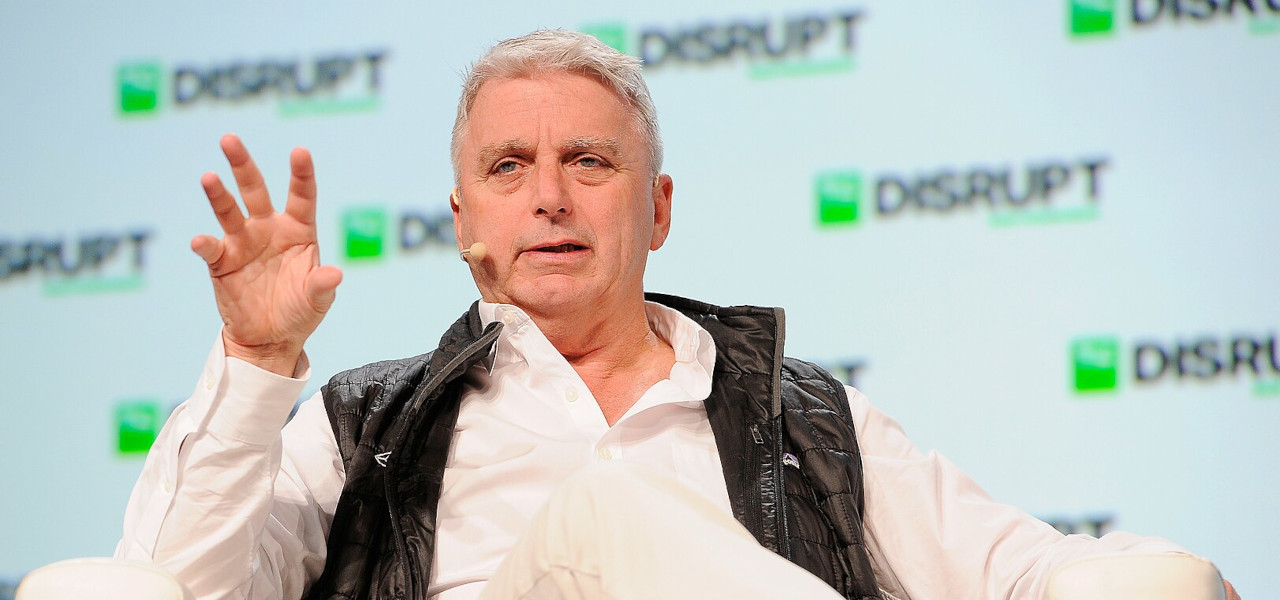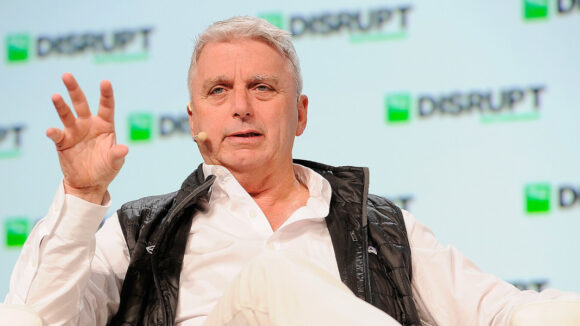

Unity CEO John Riccitiello Retires Amid Pricing Model Controversy
Unity, whose real-time game engine powers countless video games, mobile games, and, more and more frequently, vfx and animation production, has announced that John Riccitiello (65) will retire as president, CEO, chairman, and member of the company’s board of directors immediately.
Riccitiello, who will stay around and advise Unity through the upcoming transition period, will be replaced on an interim basis by James M. Whitehurst, who previously served as a senior advisor at IBM before taking over as president of the company from April 2020 through July 2021. He has also previously worked as an executive at Red Hat and Delta Air Lines.
The leadership shakeup comes at a turbulent time for Unity, with much of the blame for the company’s woes being placed on Riccitiello’s shoulders. Last month, the company introduced a new pricing model and changed its Terms of Service in a decision that saw immediate backlash from the game developer community, especially solo, indie, and mobile developers.
Among the changes scheduled for January 1, 2024, Unity planned to charge game developers each time one of their games was installed. Devs quickly pointed out that the new model could be crushing for smaller developers and that ill-intentioned parties could spam-download games, inflating those numbers and hurting the developers financially.
In droves, gaming companies made their dissatisfaction known, with many pledging they would never use Unity again. Mega Crit, developers of the popular rogue-like deck-building game Slay the Spire, was so put off by Unity’s changes that the company released its first public statement ever, saying that if the changes weren’t reversed and the old TOS updated, they would migrate their next game to a new engine, despite already being more than two years into development.
👋 @unity pic.twitter.com/mBCfb8li3z
— Mega Crit (@MegaCrit) September 13, 2023
On September 17, the company issued an apology which reads:
We have heard you. We apologize for the confusion and angst the runtime fee policy we announced on Tuesday caused. We are listening, talking to our team members, community, customers, and partners, and will be making changes to the policy. We will share an update in a couple of days. Thank you for your honest and critical feedback.
In the weeks since, Unity has changed its proposed pricing plans and will now allow devs to pay 2.5% of a game’s revenues rather than pay based on installs. Despite the mea culpa and the change, many devs say their relationships with Unity are beyond repair.
The full impact of the ongoing situation will likely become clearer next month, when Unity will release its third-quarter results on Thursday, November 9.
Pictured at top: John Riccitiello by TechCrunch – TechCrunch Disrupt San Francisco 2018. CC BY 2.0.

.png)


